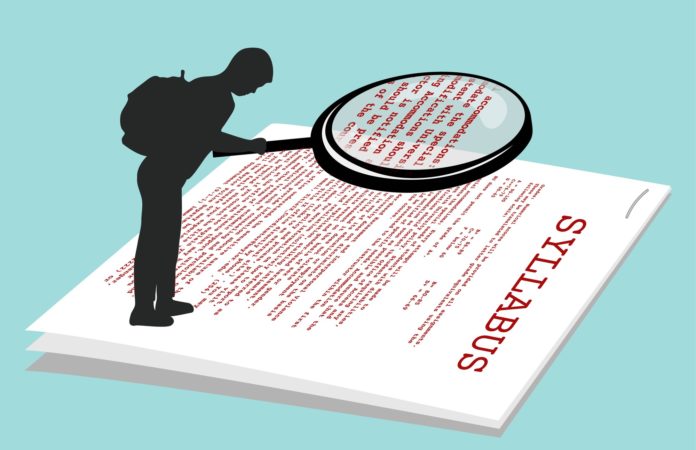Read the fine print.
While this saying typically refers to legally-binding documents, the same motto should be applied to class syllabi. After all, you are bound to this class, under your professor’s rules and regulations, for the next few months.
Syllabi may seem identical across the board, but besides the standard sections about Baylor’s Honor Code, Office of Access and Learning Accommodation and Title IX Office, there are actually many distinctions. Do not assume that professors will announce everything that needs to be known aloud in class. There is an unspoken understanding that syllabi provide an all-encompassing guide to the class, and in-class announcements simply complement it.
All Baylor classes require 75% attendance to pass, but some professors have even more stringent policies. Professors may count a certain number of tardies as an absence. It is better to know what attendance policies are at the start of the year rather than once you are one late arrival away from failing the class.
Professors also differ on their policy on technology use in class. While some professors welcome the appropriate use of cell phones, others will silently dock your attendance grade. Laptops and tablets are not always a guaranteed allowance, either. Knowing this ahead of time can guide your back-to-school shopping — how many spirals or packs of loose-leaf paper are necessary.
Class syllabi outline all homework assignments, quizzes, projects, papers and tests for the semester. Reading this ahead of time can help you gauge how much time you need to set aside for this specific class, as well as prevent from any deadline sneaking up on you.
Using the syllabus as your guide and handy manual to navigate the turbid waters of your classes will help get your year to a good start. Set a foundation of awareness and preparedness now, and read the fine print. It could save you in the long run.






